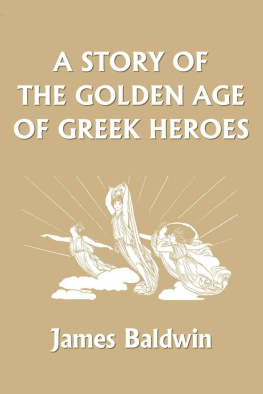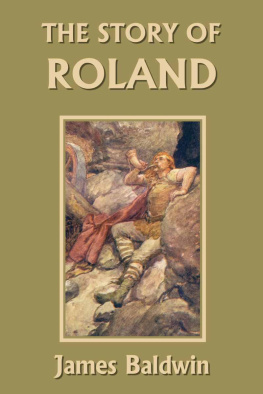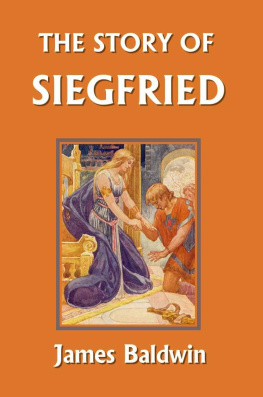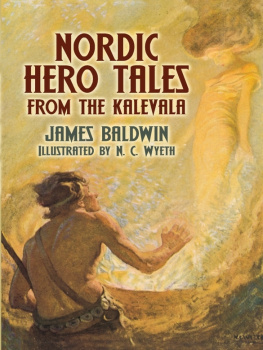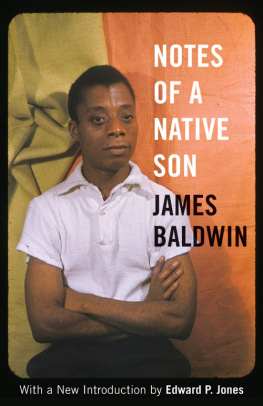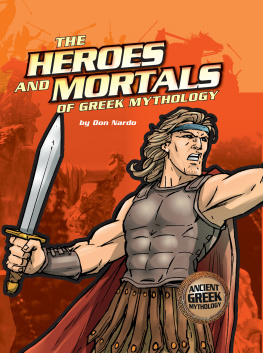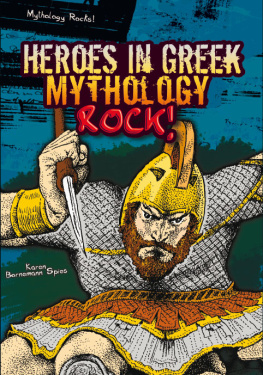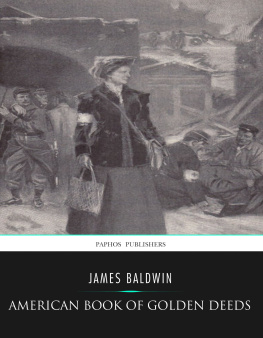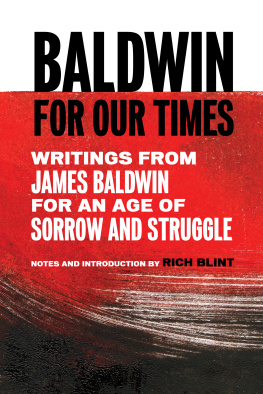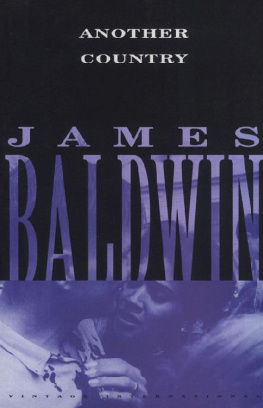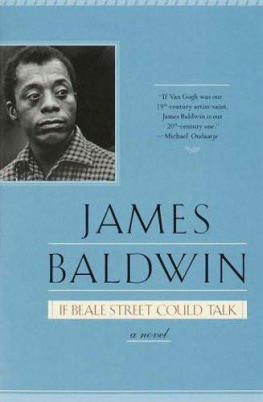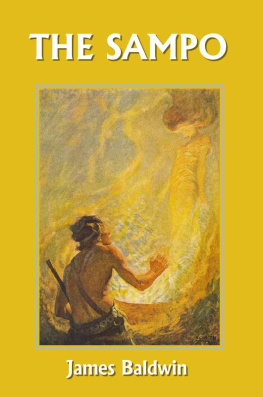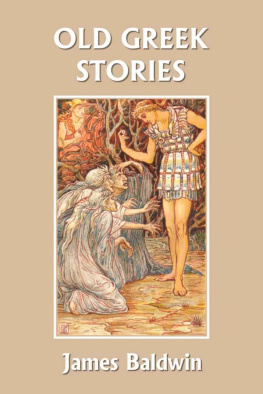James Baldwin - A Story of the Golden Age of Greek Heroes
Here you can read online James Baldwin - A Story of the Golden Age of Greek Heroes full text of the book (entire story) in english for free. Download pdf and epub, get meaning, cover and reviews about this ebook. year: 2006, publisher: Yesterdays Classics, genre: Adventure. Description of the work, (preface) as well as reviews are available. Best literature library LitArk.com created for fans of good reading and offers a wide selection of genres:
Romance novel
Science fiction
Adventure
Detective
Science
History
Home and family
Prose
Art
Politics
Computer
Non-fiction
Religion
Business
Children
Humor
Choose a favorite category and find really read worthwhile books. Enjoy immersion in the world of imagination, feel the emotions of the characters or learn something new for yourself, make an fascinating discovery.
- Book:A Story of the Golden Age of Greek Heroes
- Author:
- Publisher:Yesterdays Classics
- Genre:
- Year:2006
- Rating:3 / 5
- Favourites:Add to favourites
- Your mark:
- 60
- 1
- 2
- 3
- 4
- 5
A Story of the Golden Age of Greek Heroes: summary, description and annotation
We offer to read an annotation, description, summary or preface (depends on what the author of the book "A Story of the Golden Age of Greek Heroes" wrote himself). If you haven't found the necessary information about the book — write in the comments, we will try to find it.
A Story of the Golden Age of Greek Heroes — read online for free the complete book (whole text) full work
Below is the text of the book, divided by pages. System saving the place of the last page read, allows you to conveniently read the book "A Story of the Golden Age of Greek Heroes" online for free, without having to search again every time where you left off. Put a bookmark, and you can go to the page where you finished reading at any time.
Font size:
Interval:
Bookmark:
All rights reserved. No part of this book may be reproduced or retransmitted in any form or by any means without the written permission of the publisher.
This edition, first published in 2010 by Yesterday's Classics, an imprint of Yesterday's Classics, LLC, is an unabridged republication of the work originally published as A Story of the Golden Age by Charles Scribner's Sons in 1896. This title is available in an unillustrated print edition (ISBN 978-1-59915-026-0).
Yesterday's Classics republishes classic books for children from the golden age of children's literature, the era from 1880 to 1920. Many of our titles are offered in high-quality paperback editions, with text cast in modern easy-to-read type for today's readers. The illustrations from the original volumes are included except in those few cases where the quality of the original images is too low to make their reproduction feasible. Unless specified otherwise, color illustrations in the original volumes are rendered in black and white in our print editions.
You have heard of Homer, and of the two wonderful poems, the Iliad and the Odyssey, which bear his name. No one knows whether these poems were composed by Homer, or whether they are the work of many different poets. And, in fact, it matters very little about their authorship. Everybody agrees that they are the grandest poems ever sung or written or read in this world; and yet, how few persons, comparatively, have read them, or know any thing about them except at second-hand! Homer commences his story, not at the beginning, but "in the midst of things;" hence, when one starts out to read the Iliad without having made some special preparation beforehand, he finds it hard to understand, and is tempted, in despair, to stop at the end of the first book. Many people are, therefore, content to admire the great masterpiece of poetry and story-telling simply because others admire it, and not because they have any personal acquaintance with it.
Now, it is not my purpose to give you a "simplified version" of the Iliad or the Odyssey. There are already many such versions; but the best way for you, or any one else, to read Homer, is to read Homer . If you do not understand Greek, you can read him in one of the many English translations. You will find much of the spirit of the original in the translations by Bryant, by Lord Derby, and by old George Chapman, as well as in the admirable prose rendering by Butcher and Lang; but you can get none of it in any so-called simplified version.
My object in writing this "Story of the Golden Age" has been to pave the way, if I dare say it, to an enjoyable reading of Homer, either in translations or in the original. I have taken the various legends relating to the causes of the Trojan war, and, by assuming certain privileges never yet denied to story-tellers, have woven all into one continuous narrative, ending where Homer's story begins. The hero of the Odysseya character not always to be admired or commendedis my hero. And, in telling the story of his boyhood and youth, I have taken the opportunity to repeat, for your enjoyment, some of the most beautiful of the old Greek myths. If I have, now and then, given them a coloring slightly different from the original, you will remember that such is the right of the story-teller, the poet, and the artist. The essential features of the stories remain unchanged. I have, all along, drawn freely from the old tragedians, and now and then from Homer himself; nor have I thought it necessary in every instance to mention authorities, or to apologize for an occasional close imitation of some of the best translations. The pictures of old Greek life have, in the main, been derived from the Iliad and the Odyssey, and will, I hope, help you to a better understanding of those poems when you come to make acquaintance directly with them.
Should you become interested in the "Story of the Golden Age," as it is here related, do not be disappointed by its somewhat abrupt ending; for you will find it continued by the master-poet of all ages, in a manner both inimitable and unapproachable. If you are pleased with the discourse of the porter at the gate, how much greater shall be your delight when you stand in the palace of the king, and hearken to the song of the royal minstrel!
T O the simple-hearted folk who dwelt in that island three thousand years ago, there was never a sweeter spot than sea-girt Ithaca. Rocky and rugged though it may have seemed, yet it was indeed a smiling land embosomed in the laughing sea. There the air was always mild and pure, and balmy with the breath of blossoms; the sun looked kindly down from a cloudless sky, and storms seldom broke the quiet ripple of the waters which bathed the shores of that island home. On every side but one, the land rose straight up out of the deep sea to meet the feet of craggy hills and mountains crowned with woods. Between the heights were many narrow dells green with orchards; while the gentler slopes were covered with vineyards, and the steeps above them gave pasturage to flocks of long-wooled sheep and mountain-climbing goats.
On that side of the island which lay nearest the rising sun, there was a fine, deep harbor; for there the shore bent inward, and only a narrow neck of land lay between the eastern waters and the western sea. Close on either side of this harbor arose two mountains, Neritus and Nereius, which stood like giant watchmen overlooking land and sea and warding harm away; and on the neck, midway between these mountains, was the king's white palace, roomy and large, with blossoming orchards to the right and the left, and broad lawns in front, sloping down to the water's edge.
Here, many hundreds of years ago, lived Laertesa man of simple habits, who thought his little island home a kingdom large enough, and never sighed for a greater. Not many men had seen so much of the world as he; for he had been to Colchis with Jason and the Argonauts, and his feet had trod the streets of every city in Hellas. Yet in all his wanderings he had seen no fairer land than rocky Ithaca. His eyes had been dazzled by the brightness of the Golden Fleece, and the kings of Argos and of Ilios had shown him the gold and gems of their treasure-houses. Yet what cared he for wealth other than that which his flocks and vineyards yielded him? There was hardly a day but that he might be seen in the fields guiding his plough, or training his vines, or in his orchards pruning his trees, or gathering the mellow fruit. He had all the good gifts of life that any man needs; and for them he never failed to thank the great Giver, nor to render praises to the powers above. His queen, fair Anticleia, daughter of the aged chief Autolycus, was a true housewife, overseeing the maidens at their tasks, busying herself with the distaff and the spindle, or plying the shuttle at the loom; and many were the garments, rich with finest needlework, which her own fair fingers had fashioned.
To Laertes and Anticleia one child had been born,a son, who, they hoped, would live to bring renown to Ithaca. This boy, as he grew, became strong in body and mind far beyond his playfellows; and those who knew him wondered at the shrewdness of his speech no less than at the strength and suppleness of his limbs. And yet he was small of stature, and neither in face nor in figure was he adorned with any of Apollo's grace. On the day that he was twelve years old, he stood with his tutor, the bard Phemius, on the top of Mount Neritus; below him, spread out like a great map, lay what was to him the whole world. Northward, as far as his eyes could see, there were islands great and small; and among them Phemius pointed out Taphos, the home of a sea-faring race, where Anchialus, chief of warriors, ruled. Eastward were other isles, and the low-lying shores of Acarnania, so far away that they seemed mere lines of hazy green between the purple waters and the azure sky. Southward beyond Samos were the wooded heights of Zacynthus, and the sea-paths which led to Pylos and distant Crete. Westward was the great sea, stretching away and away to the region of the setting sun; the watery kingdom of Poseidon, full of strange beings and unknown dangers,a sea upon which none but the bravest mariners dared launch their ships.
Font size:
Interval:
Bookmark:
Similar books «A Story of the Golden Age of Greek Heroes»
Look at similar books to A Story of the Golden Age of Greek Heroes. We have selected literature similar in name and meaning in the hope of providing readers with more options to find new, interesting, not yet read works.
Discussion, reviews of the book A Story of the Golden Age of Greek Heroes and just readers' own opinions. Leave your comments, write what you think about the work, its meaning or the main characters. Specify what exactly you liked and what you didn't like, and why you think so.

